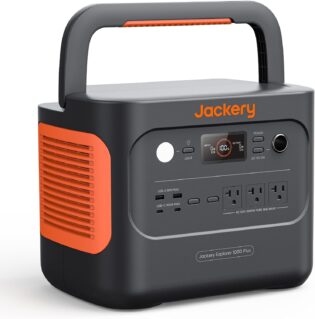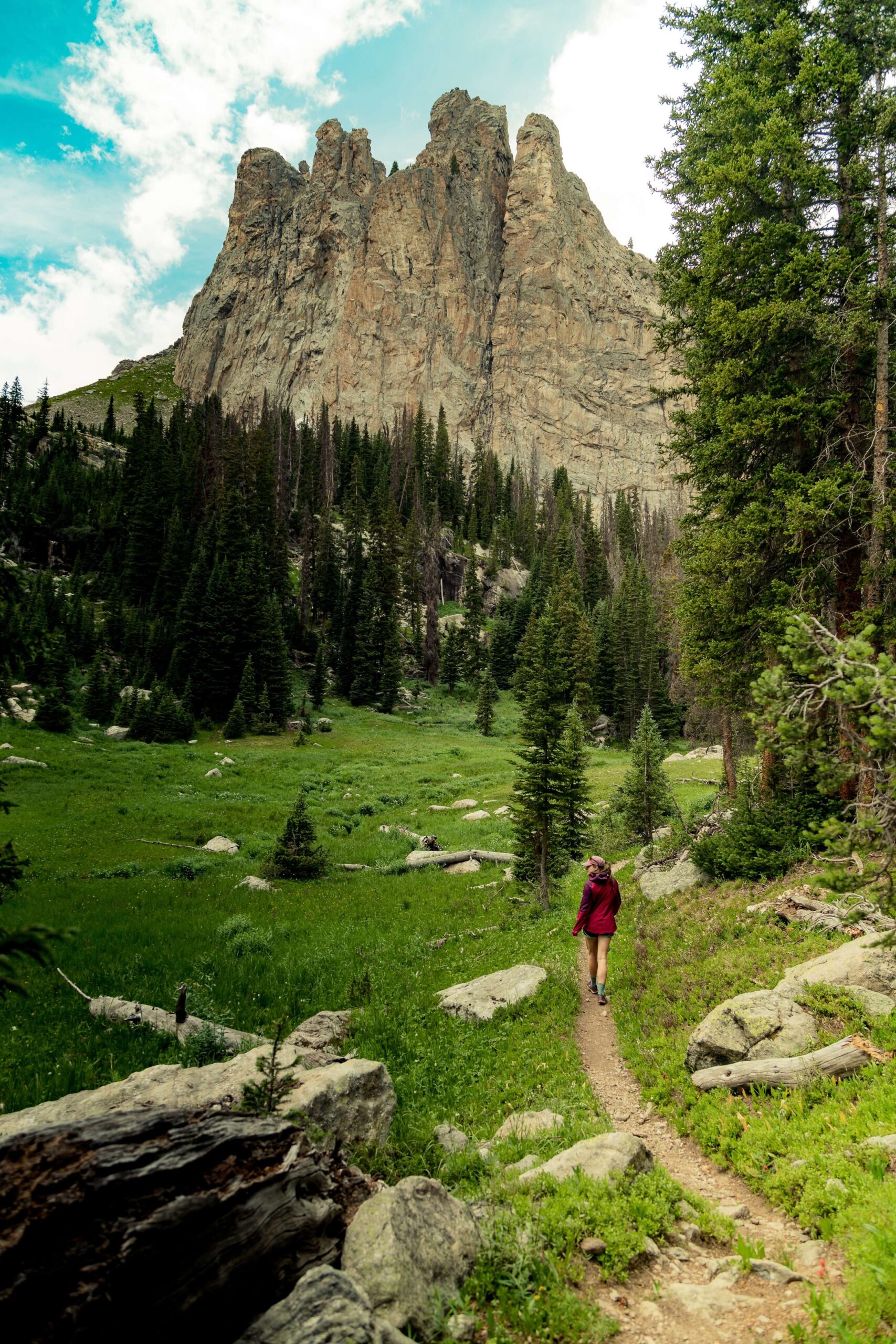What is the Best Place to Live Off-Grid? Exploring Ideal Locations for a Self-Sufficient Life
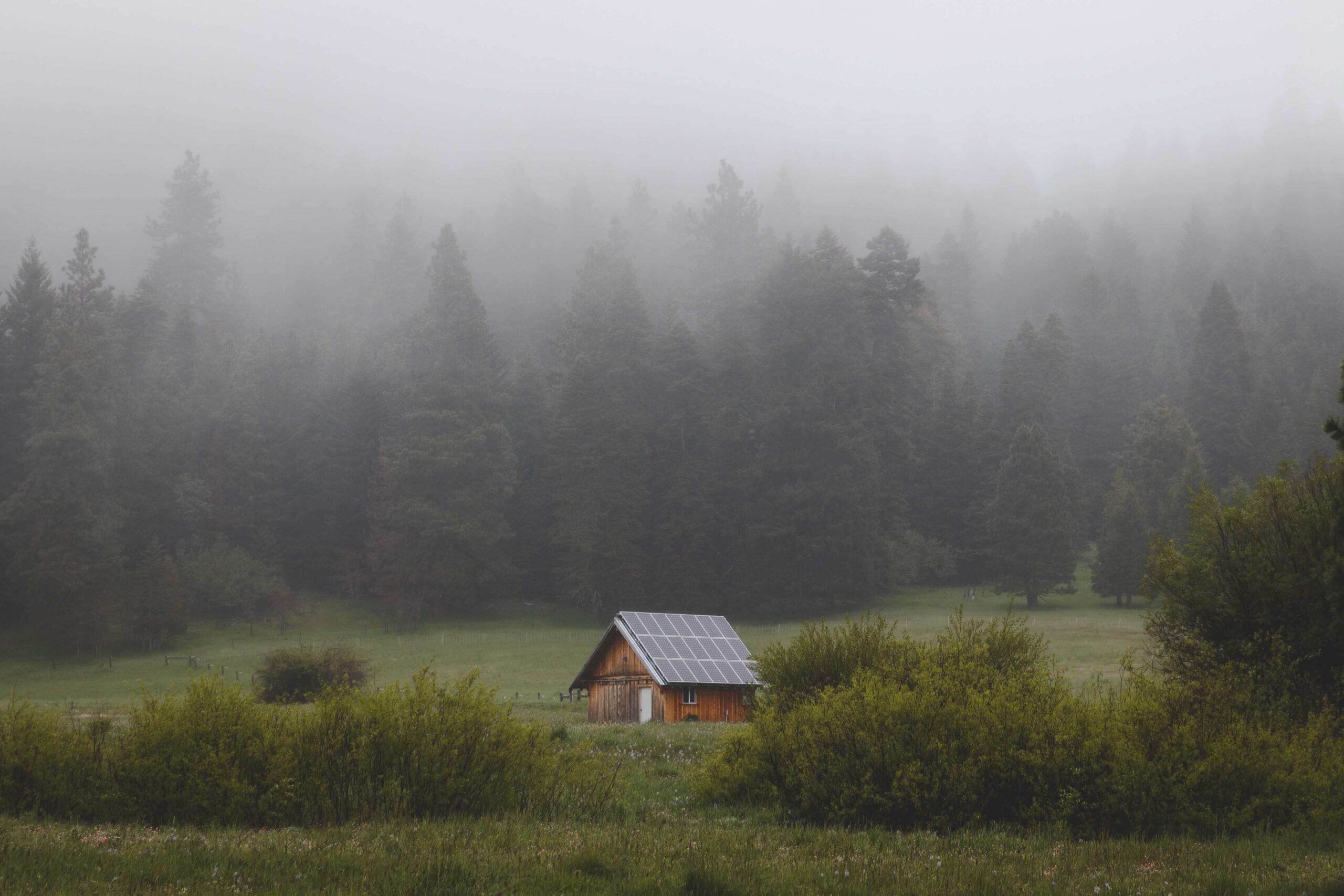
Off-grid living is an increasingly popular lifestyle choice, particularly among women seeking independence, sustainability, and a closer connection to nature. This lifestyle involves living in a way that is not reliant on public utilities like electricity, water, and sewage systems. But a key question often arises: Where is the best place to embark on this off-grid adventure? This blog explores the factors that make a location ideal for off-grid living.
reviewed
New Nightwear Styles For Autumn
Choosing the right types of nightwear will make your sleep experience more relaxed. Open your closet and make a special room for all the different types of nightwear that deserve that space.
-

COSORI Food Dehydrator
$159.99
Understanding Off-Grid Living
Definition and Core Concepts
Off-grid living means living without reliance on the municipal power grid, water supply, or sewage system. It’s about self-sufficiency, using alternative energy sources, and often involves growing your own food and managing your own waste.
The Appeal
For many, the appeal of off-grid living lies in its promise of freedom, a reduced environmental footprint, and the satisfaction of meeting one’s own basic needs. It’s a lifestyle that challenges the norm, fosters resilience, and promotes a deeper understanding of how to live sustainably.
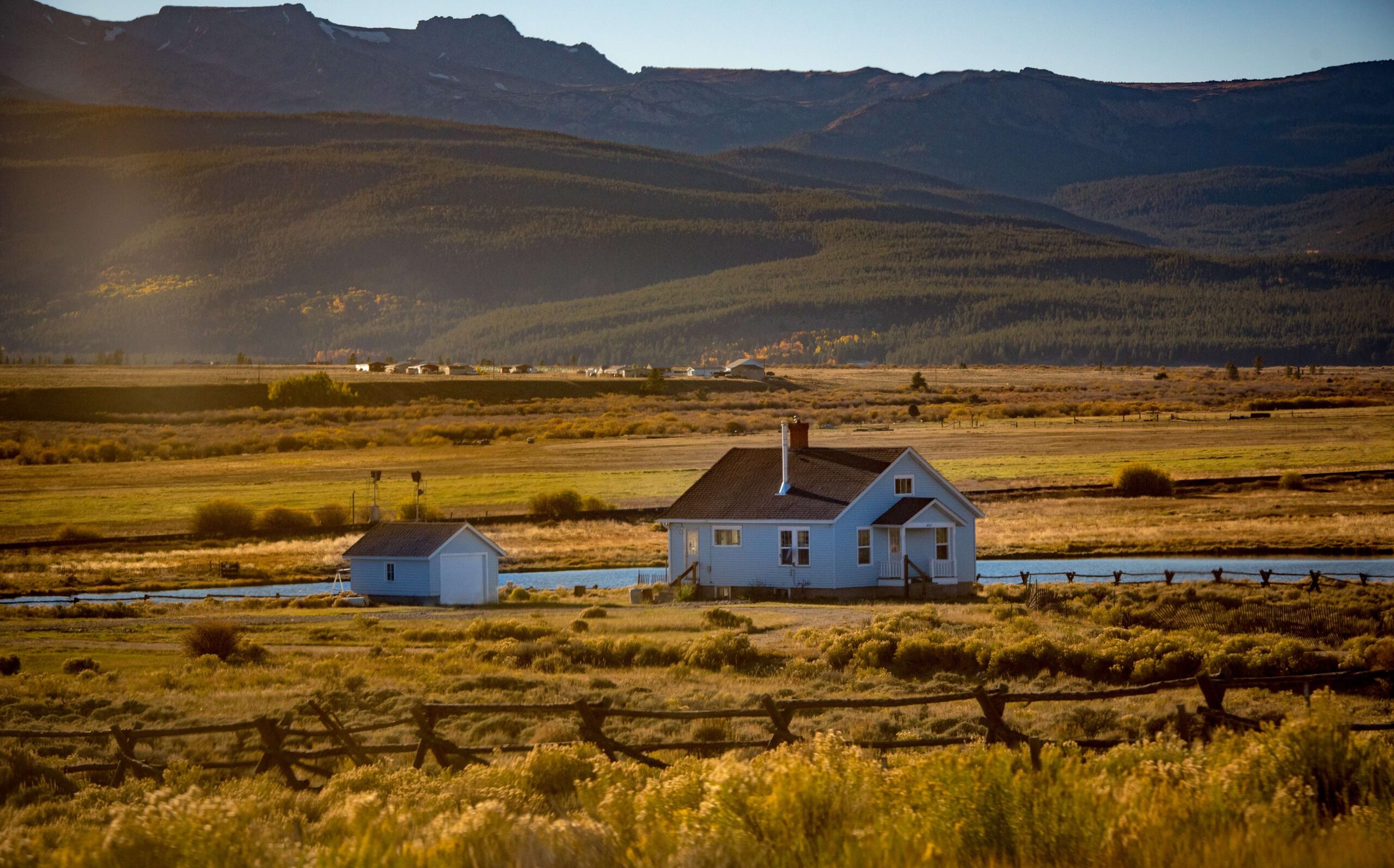
Key Factors in Choosing an Off-Grid Location
Climate
A moderate climate can make off-grid living more manageable. Extreme temperatures require more energy for heating or cooling, which can be challenging when you’re generating your own power. Consider places with ample sunshine for solar power and milder winters.
Land Availability and Cost
The availability and cost of land are crucial. Some regions offer affordable land suitable for building an off-grid homestead, while others might be prohibitively expensive or have strict zoning laws that complicate off-grid living.
Water Access
Reliable access to clean water is vital. Look for locations near a natural water source or where rainwater harvesting is feasible and legal.
Renewable Energy Potential
Consider the potential for renewable energy. Areas with abundant sunshine are great for solar power, while windy or coastal areas might be suitable for wind or hydro power.
Community and Legal Considerations
An off-grid friendly community can provide valuable support and resources. Additionally, check local laws regarding off-grid living, as some areas have restrictions on things like rainwater collection or off-grid sewage solutions.
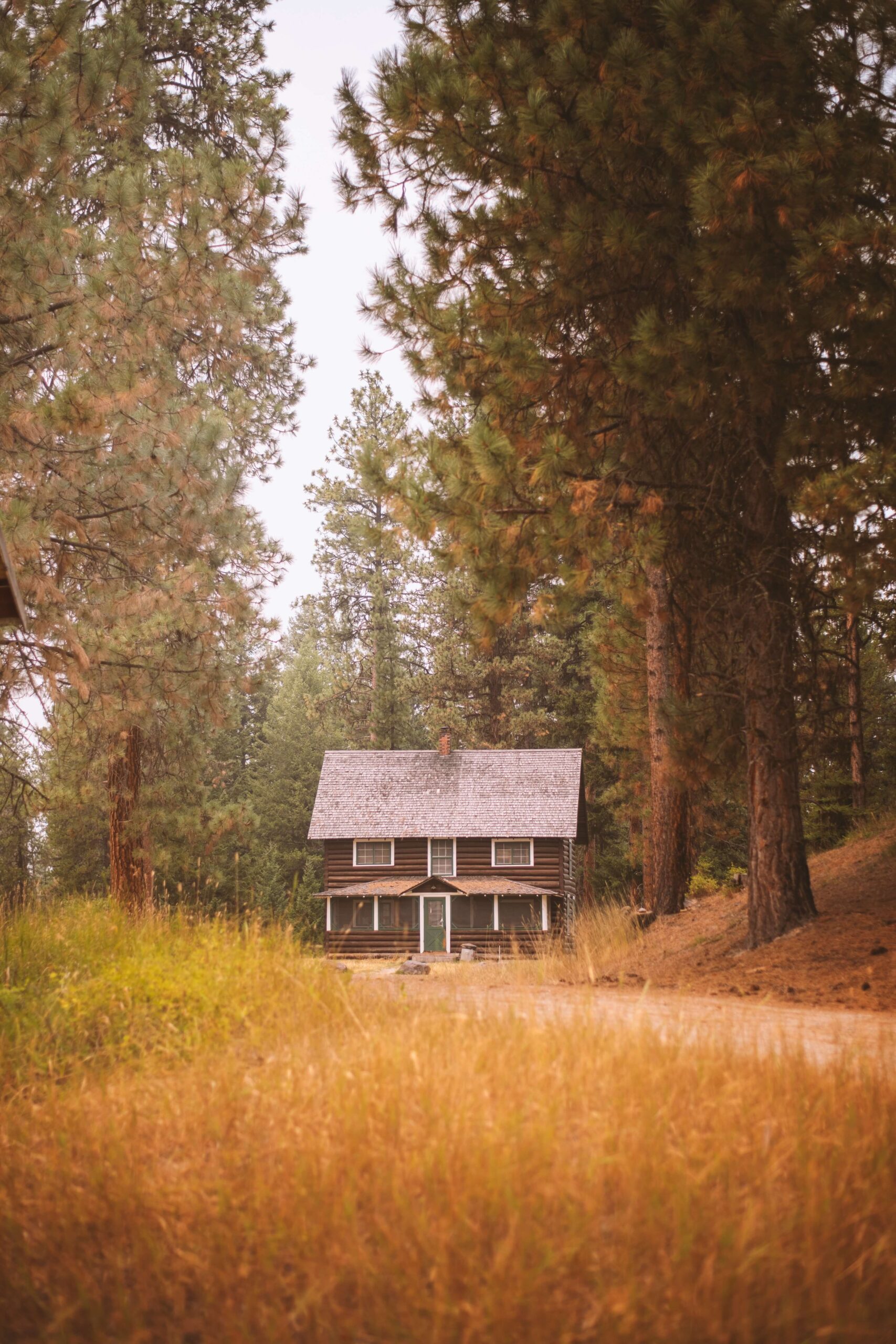
Popular Off-Grid Living Locations in the U.S.
The Pacific Northwest
Rich in natural resources and known for its eco-conscious communities, the Pacific Northwest offers lush landscapes, ample rainfall for water collection, and a supportive environment for off-grid living.
The Southwest
States like Arizona and New Mexico offer abundant sunshine for solar power and large tracts of affordable land, though water scarcity can be a challenge.
The Rocky Mountains
Ideal for those seeking solitude and natural beauty. The region offers opportunities for solar and wind energy, though the harsh winters can be a test of resilience.
The Appalachian Region
Offers a balance of moderate climate, natural resources, and a growing community of off-grid enthusiasts.
"Find the best places to live off-grid"
- TAGS ― Featured, Home-Influencer
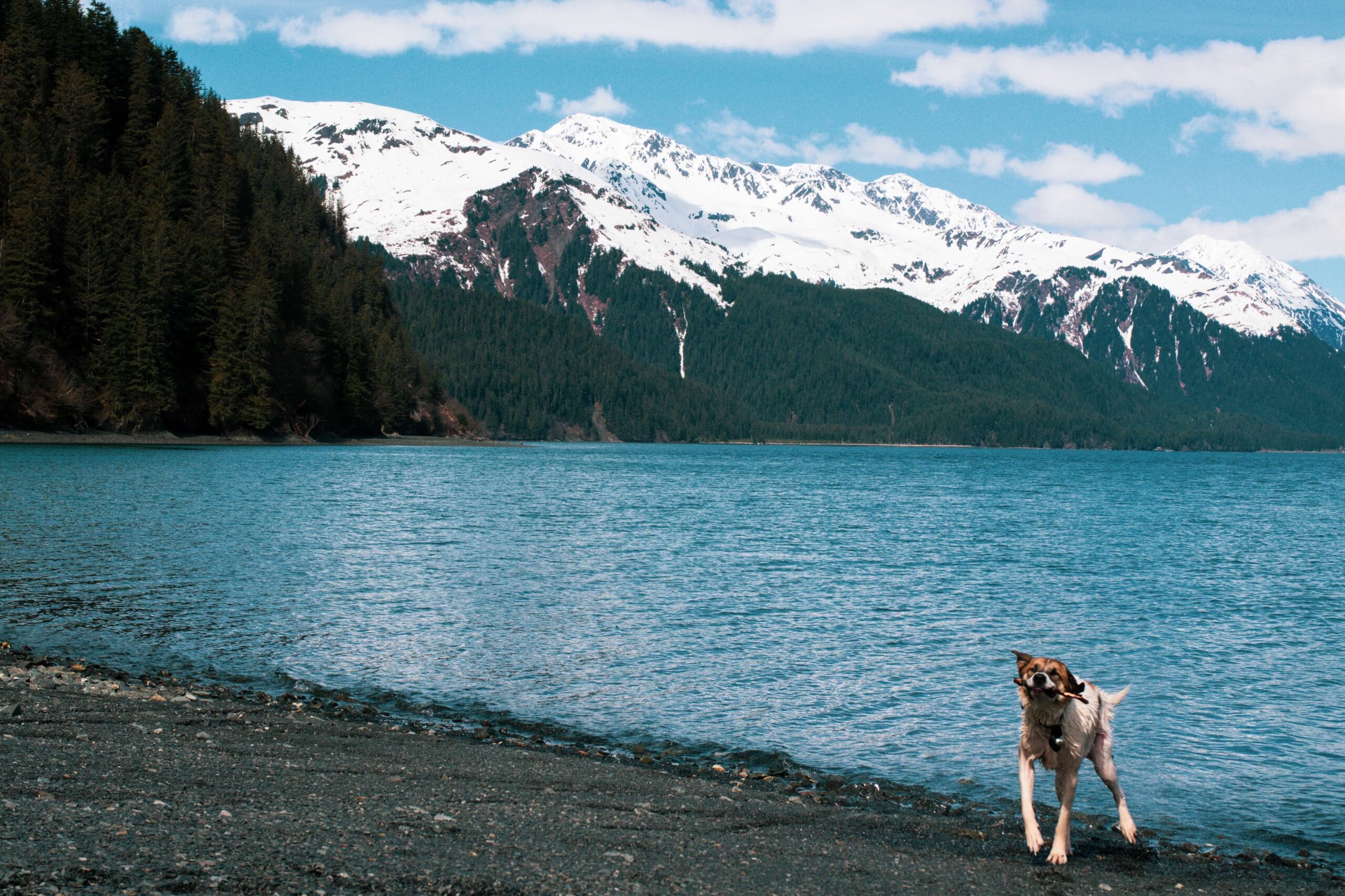
Top 5 Places To Live Off-Grid
The ideal spot for an off-grid life balances natural beauty, resource availability, climate, legal considerations, and community. For women seeking a sustainable, self-reliant life close to nature, finding the right location is key.

